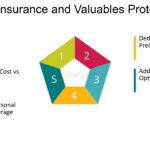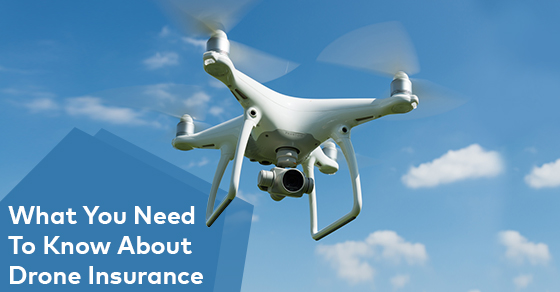
Understanding Drone Insurance
Advertisment
As drone usage continues to rise across various industries, the need for drone insurance has become increasingly important. This specialized insurance provides coverage for potential risks associated with operating drones, helping both hobbyists and commercial operators mitigate financial losses. This article delves into the key aspects of drone insurance, its types, coverage options, and considerations for drone operators.
What is Drone Insurance?
Drone insurance is a form of liability coverage specifically designed to protect drone operators from financial losses resulting from accidents, damages, or legal claims related to drone operations. Whether you are a recreational flyer or a commercial operator, having the right insurance can safeguard you against unforeseen incidents.
Types of Drone Insurance
- Liability Insurance
Liability insurance is essential for both commercial and recreational drone operators. It covers damages or injuries caused to third parties as a result of drone operations. This type of insurance can help pay for medical expenses, property damage, or legal fees if you are held responsible for an accident.
- Hull Insurance
Hull insurance provides coverage for physical damage to the drone itself. This includes repairs or replacement costs if your drone is damaged due to accidents, crashes, or theft. Hull insurance is particularly important for commercial operators who rely heavily on their drones for business purposes.
- Payload Insurance
For commercial drone operators carrying specialized equipment or payloads, payload insurance is crucial. This coverage protects against loss or damage to the equipment being transported by the drone, such as cameras or sensors. It ensures that you are financially protected in case of an accident or loss during operation.
Coverage Options
- Ground Coverage
In addition to aerial coverage, some drone insurance policies offer ground coverage. This protects against accidents that occur while the drone is being transported or set up, including damage to property or injury to people during these activities.
Advertisment
- Personal Injury Coverage
Personal injury coverage can be included in your drone insurance policy to protect against claims of defamation, invasion of privacy, or similar issues arising from drone use. This is particularly important for drone operators capturing images or videos in public spaces.
- Geographic Coverage
Many drone insurance policies specify geographic coverage limits. Ensure that your policy covers the areas where you plan to operate your drone, especially if you intend to fly in multiple states or countries.
Factors to Consider When Choosing Drone Insurance
- Type of Use
Your drone insurance needs will vary depending on whether you are a recreational user or a commercial operator. Commercial operators often require more extensive coverage due to the higher risks associated with business activities.
- Value of Equipment
Consider the value of your drone and any additional equipment you may be using. This will help determine the level of coverage you need, particularly for hull and payload insurance.
- Legal Requirements
Some states or countries have specific legal requirements for drone insurance. Research local regulations to ensure that your policy meets the necessary requirements.
- Insurer Reputation
When choosing a drone insurance provider, consider their reputation, customer service, and claims process. Look for insurers with experience in the drone industry and positive customer reviews.
Conclusion
Understanding drone insurance is essential for anyone operating a drone, whether for personal enjoyment or commercial purposes. By familiarizing yourself with the types of coverage available and evaluating your specific needs, you can choose the right insurance policy to protect yourself and your investment. As the drone industry continues to evolve, staying informed about insurance options will help you navigate potential risks and ensure a safe flying experience
Advertisment











Post Comment